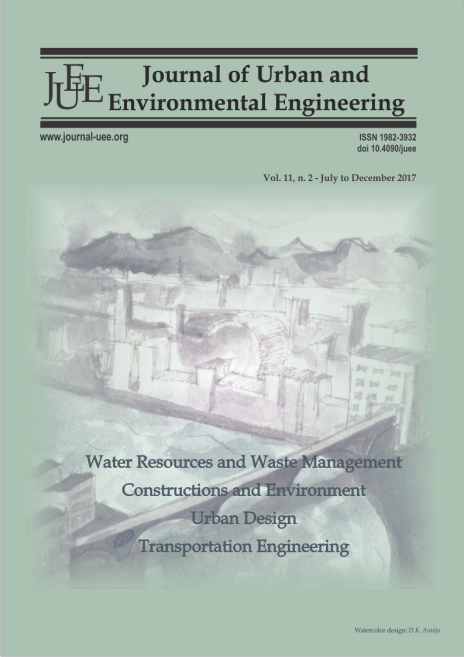STUDY OF SHADING DEVICE BUILDING-INTEGRATED PHOTOVOLTAIC PERFORMANCE ON ENERGY SAVING
DOI:
https://doi.org/10.4090/juee.2017.v11n2.202-207Keywords:
BIPV, shading device, energy efficient, building envelope, building simulationAbstract
This paper presents the study of the performance of building-integrated photovoltaic (BIPV) applied on vertical building envelope as overhang shading devices on energy saving. In Indonesia, where solar energy is abundant, the utilization of PV system as renewable energy is very potential, especilly in remote area. However, in the urban core of Indonesia, the utilization of PV system is not yet economically viable. In this study, six BIPV models with different design of PV panel shading devices were simulated using weather file of Jakarta, an urban core of Indonesia. The results show that installing fewer PV panel shading devices on building façade with greater distance is more effective than installing more PV panel shading device with less distance. The LCOE (levelized cost of electricity) of all models that is lower than the national grid electricity cost indicates that BIPV could be economically profitable if it is designed properly.Downloads
Download data is not yet available.
Downloads
Published
2018-06-27
Issue
Section
Articles




